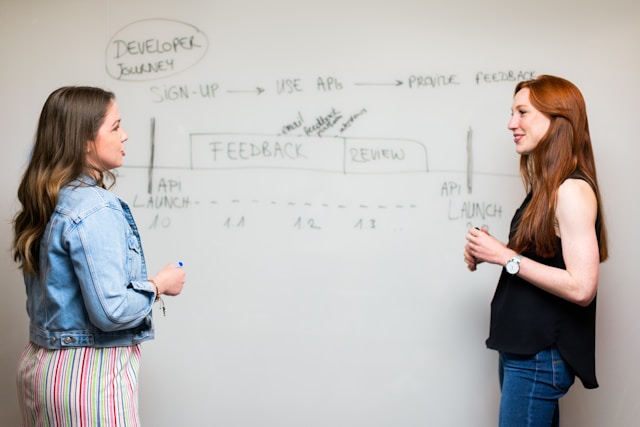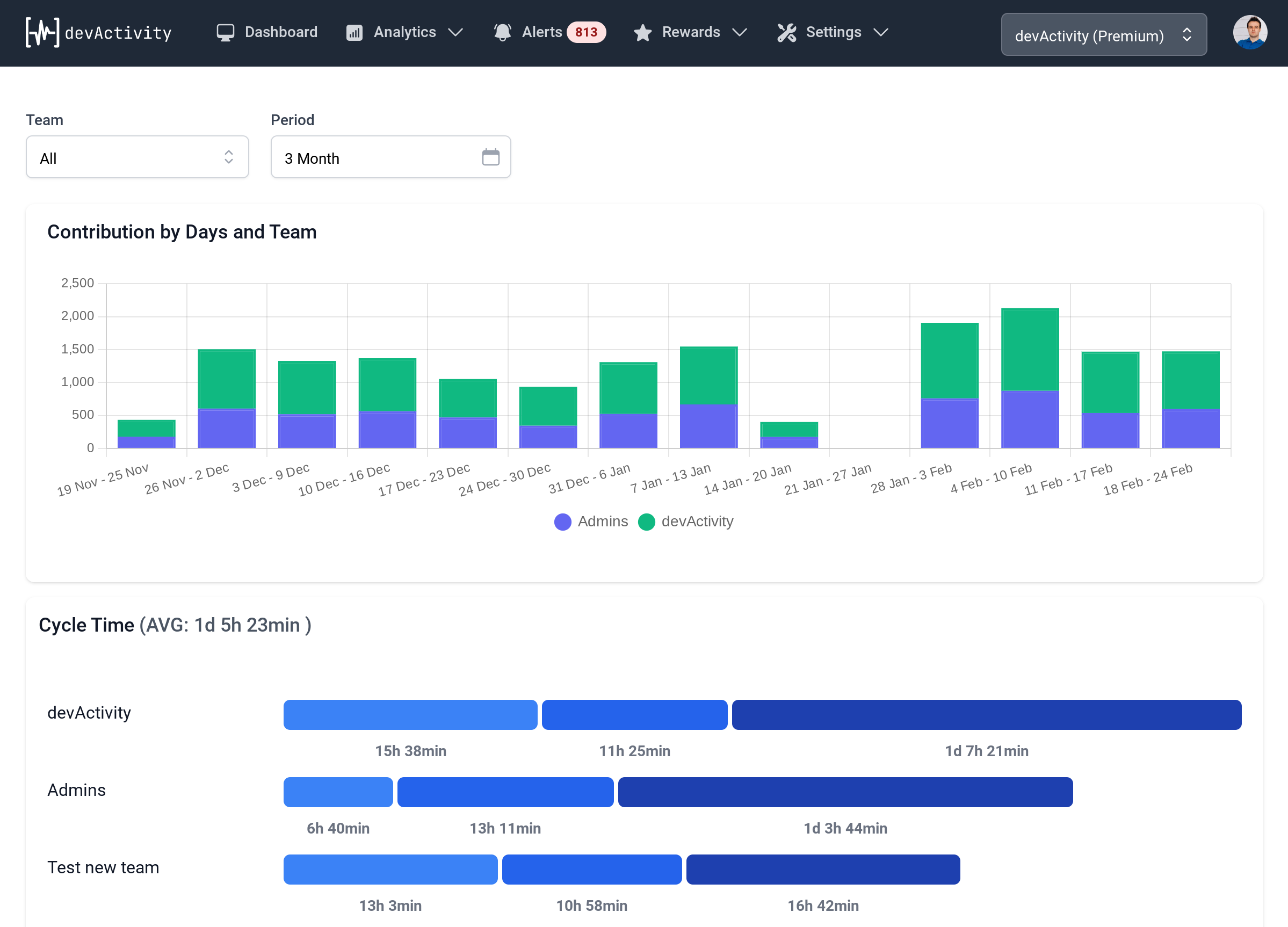The Ultimate Guide to tools for retrospectives

You've just finished a sprint, a project, or maybe a marathon coding session. You're exhausted, but there's one crucial step left: the retrospective. It's a time to reflect, learn, and get ready for the next iteration. But let's face it, sometimes retrospectives can feel like a chore. The same old questions, the same old answers, the same old sigh.
But they don't have to be that way.
Enter: the world of tools for retrospectives. These are the tools, the methods, the techniques, the magic potions that can transform your retrospectives from a yawn-fest to a brainstorming bonanza.
Imagine a retrospective where the team is engaged, the discussion is lively, and the insights are actionable.
That's the power of using the right tools for retrospectives.
Why tools for retrospectives Matter
Think of it like this: you're driving a car. You need a map to navigate, a speedometer to track your progress, and a dashboard to understand the car's health. tools for retrospectives are like those crucial tools for your team's development journey.
-
Boost Team Performance
Retrospectives, when done right, can drive huge improvements in team productivity and performance. tools for retrospectives help you get to those "aha" moments faster.
-
Increase Team Cohesion
Retrospectives provide a safe space for team members to share feedback, build trust, and improve communication. tools for retrospectives make this process even smoother.
-
Uncover Hidden Issues
tools for retrospectives can help you surface those sticky problems that everyone avoids talking about. You can use data to back up those uncomfortable conversations!
Types of tools for retrospectives
There's a whole toolbox of tools for retrospectives out there. Here's a peek inside:
-
Collaboration Tools
These tools allow teams to gather, share feedback, and brainstorm ideas together. Examples include:
Data Visualization Tools
These tools let you turn raw data into insightful graphs and charts. This helps the team understand their work and make informed decisions. Examples include:
- Tableau
-
Agile Project Management Tools
These tools help teams manage their sprints and projects, often with built-in retrospective capabilities. Examples include:
- Jira
-
Code Quality and Performance Analytics Tools
These tools help teams understand how their code performs and identify areas for improvement. Some tools also offer retrospective insights to track performance trends and identify patterns in team activity.
- SonarQube
-
Gamification and Motivation Tools
These tools make retrospectives more engaging by adding gamification elements like points, badges, and leaderboards. This can make retrospectives more fun and encourage active participation.
- devActivity
-
Set a Clear Objective
What are you trying to achieve with this retrospective? Focus on a specific goal, like improving code quality, increasing team communication, or reducing sprint cycle time.
-
Choose the Right Timeframe
Retrospectives are most effective when they focus on a manageable timeframe. A sprint, a project phase, or a quarter are all good choices.
-
Use Data Wisely
Data can be a powerful tool in retrospectives. It can help you identify trends, spot patterns, and back up your observations. But use data to inform the discussion, not to dominate it.
-
Encourage Open Discussion
Make sure everyone feels comfortable sharing their thoughts and feelings. Establish ground rules for respectful and productive dialogue.
-
Focus on Solutions
Don't get bogged down in blame or finger-pointing. Instead, channel your energy into finding solutions and improving processes.
-
Document Actionable Items
At the end of the retrospective, list out the action steps the team will take to address the issues raised. Assign owners and deadlines.
-
Follow Up and Track Progress
Don't let those action items gather dust! Schedule regular check-ins to review progress and ensure the team stays on track.
Best Practices for Effective Retrospectives
tools for retrospectives are just one piece of the puzzle. To get the most out of them, you need to have a solid plan in place. Here are some tried and true practices:
How devActivity Can Help
Track, Analyze and Optimize Your Software DeveEx!
Effortlessly implement gamification, pre-generated performance reviews and retrospective, work quality analytics, alerts on top of your code repository activity
Install GitHub App to Start
